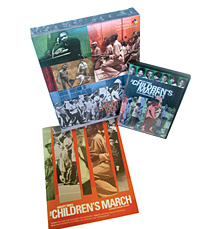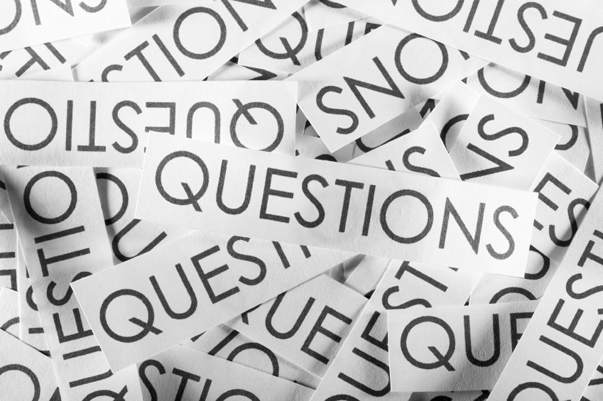 I am starting a new unit that is not in my curriculum. I had a student interested in reading about the Holocaust. I gave her a book and she started talking about it to her friends. Then she shared the book during our Morning Meeting. More and more students started asking me about the Holocaust. Finally, I asked them if they wanted to really learn about it. They all said yes.
I am starting a new unit that is not in my curriculum. I had a student interested in reading about the Holocaust. I gave her a book and she started talking about it to her friends. Then she shared the book during our Morning Meeting. More and more students started asking me about the Holocaust. Finally, I asked them if they wanted to really learn about it. They all said yes.
So here I am, wondering how in the world I am going to fit this into my already overloaded schedule. I put it off for a week, hoping they would forget. They didn't. So I thought I would bring it into reading. Instead of doing a genre study, we would do a topic study. Sounds good. In fact, I could even bring the topic into writing if I had them research and write about their findings. Hmmm. I could get away with this.
I gathered as many fiction and non-fiction books I could on the topic, had them choose books and asked them to get together with their reading partners to decide what they really wanted to learn about. They each chose an essential question (Do you like my use of teacher language there?) and began.
But I still wasn't sure what I wanted the purpose to be. Yes, they wanted to learn about the Holocaust. Yes, I was going to have them do some great work reading and writing about it. But what was the point of it all. And then I figured it out. Propaganda.
 If I had them learn all about the Holocaust through the lens of propaganda....Hitler was incredibly successful because of propaganda. What if we studied advertising, looking at propaganda today? Diane Cordell gave me some great links, the best of which was icivics.org. What if we talked politics today? John Boehner gave me great fodder by calling the sequester, "Obama's Sequester." What if we looked back at the Civil Rights Movement? Teaching Tolerance's movie about The Children's March helped here. How is this propaganda? Can the children learn from this? Can we use propaganda to create posters in the school convincing kids to be upstanders against bullies (we are reading about bullies this month as a school)?
If I had them learn all about the Holocaust through the lens of propaganda....Hitler was incredibly successful because of propaganda. What if we studied advertising, looking at propaganda today? Diane Cordell gave me some great links, the best of which was icivics.org. What if we talked politics today? John Boehner gave me great fodder by calling the sequester, "Obama's Sequester." What if we looked back at the Civil Rights Movement? Teaching Tolerance's movie about The Children's March helped here. How is this propaganda? Can the children learn from this? Can we use propaganda to create posters in the school convincing kids to be upstanders against bullies (we are reading about bullies this month as a school)?We started the project, they kids are loving it, focused, enthusiastic, reading, writing, researching, and learning. I know that I have linked it to my curriculum so I can feel comfortable with it. But it still felt like I was doing something wrong. Until I started to think about why I teach.
 I don't teach so the children will do well on state tests. I don't teach so I will get a good score on my APPR assessment. I certainly don't do it for the fame and fortune. I teach because I want my world to be better and I hope that my students will be the ones to make it so.
I don't teach so the children will do well on state tests. I don't teach so I will get a good score on my APPR assessment. I certainly don't do it for the fame and fortune. I teach because I want my world to be better and I hope that my students will be the ones to make it so.I don't teach so my students will learn to read and write for a test. But preparing them for a test doesn't mean I have to give up all the reasons I do teach. I want my students to be better. I am counting on them to save us all.
Why do you teach?




